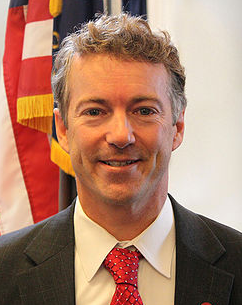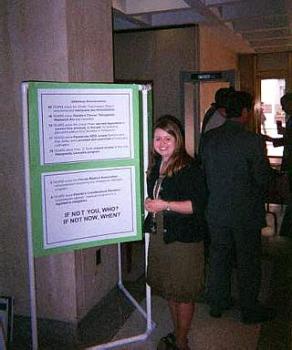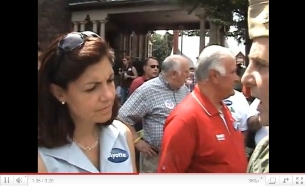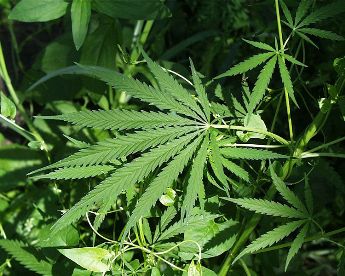 Dear friends, Dear friends,
In less than two weeks I will walk into a polling booth and vote my conscience. Iâm one of the lucky ones. On Election Day (November 4th), an estimated 5.3 million Americans will be barred from voting because of a felony conviction (in many cases for a simple drug law violation). Iâll be voting on their behalf. And on behalf of the thousands of Americans, like my Uncle Tommy, who died last year because the government blocks access to sterile syringes. And for all the people who died from a drug overdose because their friends were too afraid of being arrested to call 911 for help. And for the 775,000 Americans who were arrested last year for nothing more than marijuana possession. Where does your member of Congress stand on these issues? Check out our new voter guide to find out. If there could be a ballot question that asked, âShould we end the war on drugs?â I would vote yes. Iâm fed up with the mass incarceration of my fellow citizens, the reckless drug raids that leave innocent people dead, the rampant racial disparities, the wasted tax dollars, and the demonization of good people. There wonât be such a question on the November 4th ballot, although some ballots will have drug policy reform measures on them. And there will be the names of a lot of candidates seeking our vote. Some of the candidates support punitive drug policies; many others advocate common sense and reform. I canât tell you where every candidate in your area stands on drug policy reform, but I can tell you where your Representative in Congress stands on marijuana, syringe exchange, drug treatment, drug war funding and other issues. Itâs all in our 2008 Congressional Voter Guide. I hope you find it useful and interesting. You can find out your stateâs election rules, registration information and voting process here. If, like me, youâre one of the lucky ones and have a vote to cast, then stand up and vote on November 4th. If youâre barred from voting, make sure your friends and family vote. Letâs bring this drug war crashing down. Sincerely, Bill Piper
Director of National Affairs
Drug Policy Alliance Network P.S. If you have friends or family members living in California, tell them to vote YES on Proposition 5, the biggest U.S. prison and sentencing reform since the repeal of alcohol Prohibition 75 years ago! Learn more at Prop5Yes.com. | 





 Dear friends,
Dear friends,
